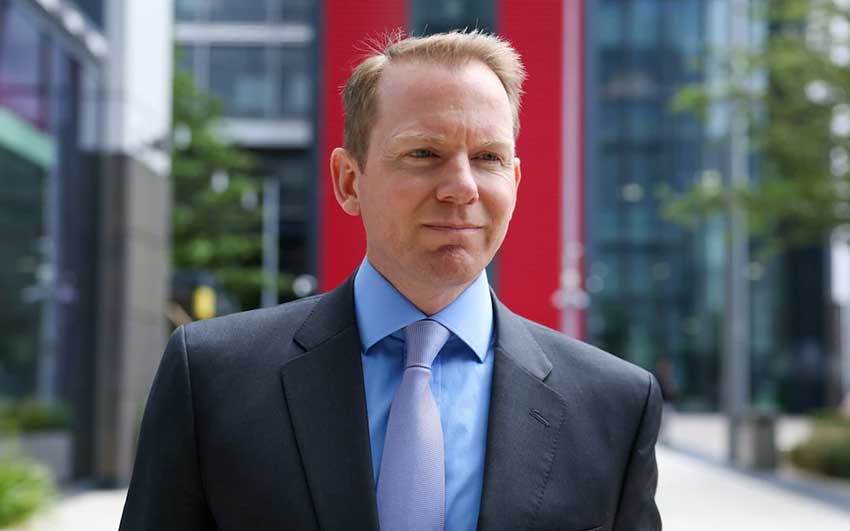The deepening car finance crisis could deal a major blow to Britain’s economic prospects, the head of the country’s largest retail bank said.
Charlie Nunn, CEO of Lloyds Bank, warned that the uncertainty caused by recent court rulings was undermining investor confidence and risking a storm of billion-dollar claims reminiscent of the PPI scandal.
Mr Nunn’s concerns follow a landmark Court of Appeal ruling which found hidden commissions paid by banks to car salespeople as illegal. The judgment, handed down last month, effectively overturned a long-standing industry practice and appears to contradict previously issued guidance from the Financial Conduct Authority (FCA). The court’s decision that salespeople have a “fiduciary duty” to secure the best deal for consumers has raised the prospect that similar claims could spread beyond auto financing into other areas of consumer lending.
Speaking at an event organized by the Financial Times, Mr Nunn said: “Investors are looking at this and saying that this principle of the courts making decisions independently of regulation… is bleeding through the entire economy.” He suggested that the uncertainty arising from the ruling, combined with regulatory indecision, was making it harder for both foreign and domestic investors to pour money into Britain’s financial services and the wider economy.
The consequences are expected to be costly. Industry observers have compared the situation to the payment protection insurance (PPI) scandal, which has left British lenders with tens of billions of pounds in damages. Preliminary estimates suggest car finance compensation could reach as much as £16 billion, with some claims management companies warning of as much as £40 billion in potential payouts.
The crisis is already starting to bite. Lloyds, which entered the market through its subsidiary Black Horse, took a £450 million provision earlier this year pending compensation claims. Close Brothers, another major car lender, has seen its market value plummet from £1.5 billion to just £325 million since issuance intensified, as lenders retreat and assess the legal risks.
The timing of the Court of Appeal ruling complicates an ongoing FCA investigation into mis-selling within the car finance sector. Although the Financial Ombudsman Service cut ties with the FCA last year to support consumer claims, the regulator’s own investigation and any subsequent compensation schemes are not expected to be completed before mid-2025. In the meantime, many companies remain in limbo, wary of making loans to potential car buyers until the legal landscape becomes clearer.
Around 85 percent of new cars and 65 percent of used cars in Britain are purchased using finance schemes, making this issue of critical importance to both the automotive and banking sectors. Should the cost of consumer credit rise or the availability of products decrease, the impact could ripple through to dealers, lenders and manufacturers, hampering the post-pandemic recovery of the UK car market and the wider economy.
Mr Nunn stressed that only coordinated action can restore the confidence of the global investment community. “Financial services, regulators and the government will have to work together to provide that certainty to consumers, to the car industry and actually to investment opportunities in the UK economy,” he said.
As lenders weigh the implications and find a path forward, the stakes couldn’t be higher. As Britain looks to raise capital and reassert its place in global markets, the outcome of the auto finance crisis could well serve as an indicator of the country’s long-term stability and economic resilience.

